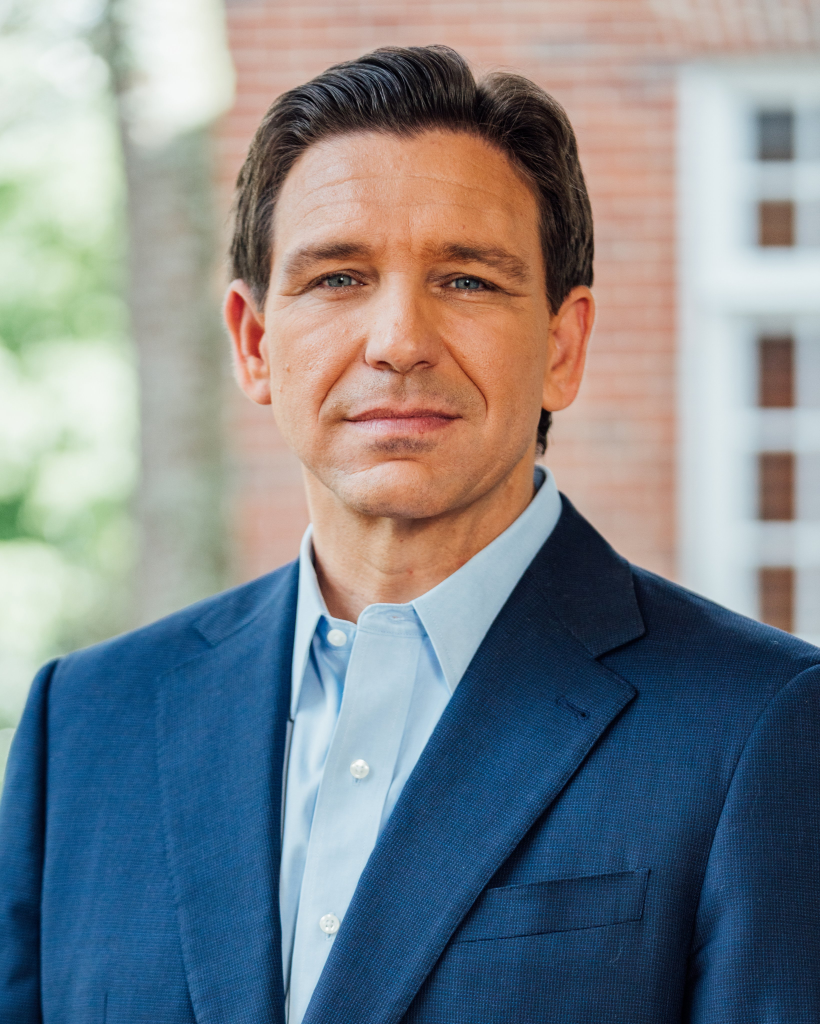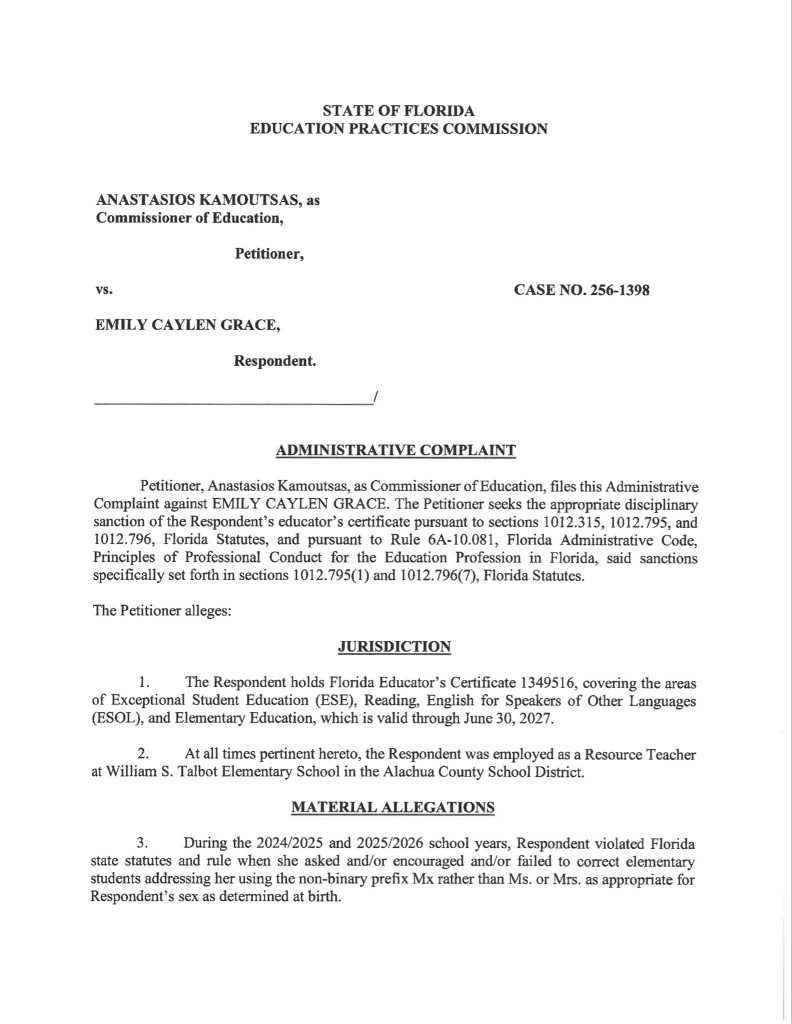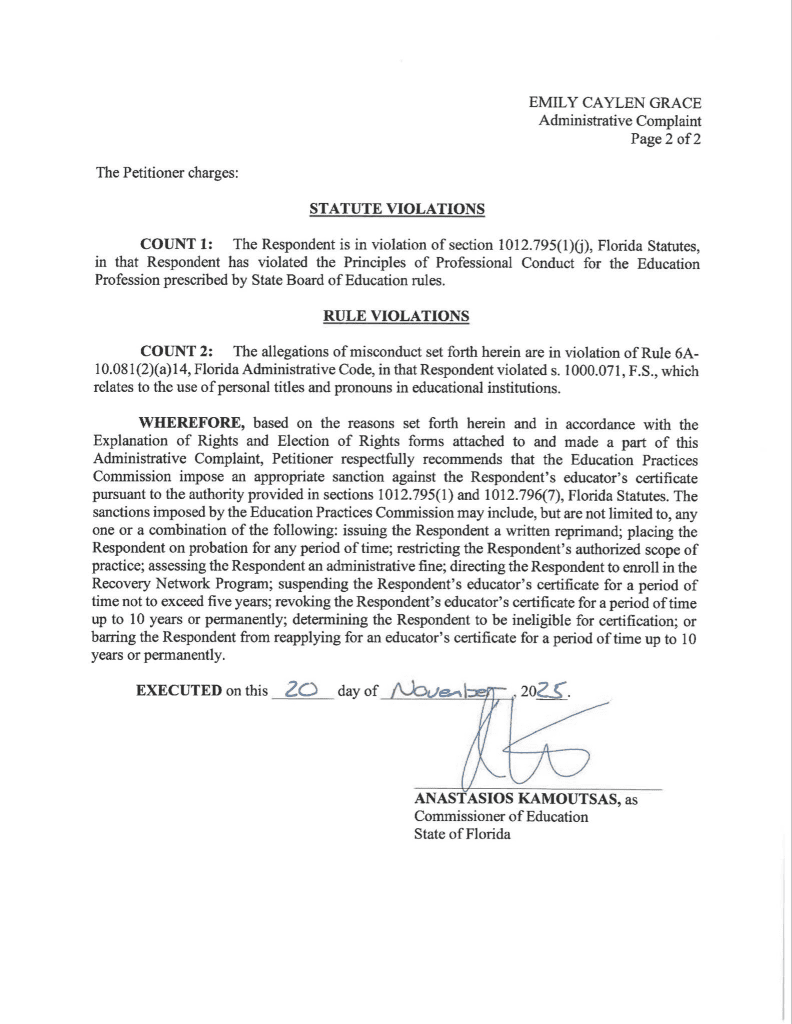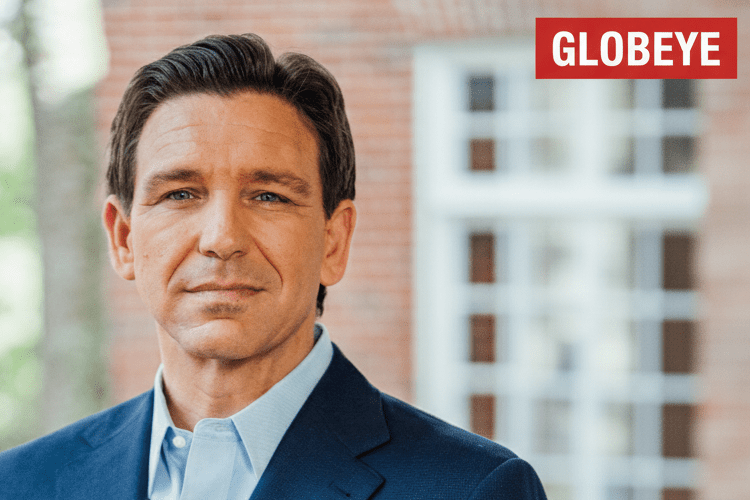Florida Teacher Faces License Loss Over ‘Mx’ in Classroom
In the sun-drenched classrooms of Broward County’s bustling elementary corridors, where the chatter of 8-year-olds bounces off colorful bulletin boards like echoes of innocent discovery, Emily Caylen Grace once stood as a beacon of gentle guidance, her voice a soft anchor for the small storms of growing up. At 32, the soft-spoken teacher with a cascade of curly hair and a smile that crinkled her eyes like autumn leaves, had turned her third-grade room into a haven of curiosity—lessons laced with stories of diverse heroes, from Ada Lovelace to Alan Turing, where every child felt seen, not sorted. It was in those moments, amid finger-painted rainbows and shared snack circles, that Grace introduced the simple courtesy of “Mx.”—a neutral title for a non-binary guest speaker who’d shared tales of coding dreams, not debates. “It’s like saying ‘friend’ instead of ‘boy’ or ‘girl’—just kind,” she told her class, her words a whisper of welcome in a world that too often shouts its labels. But on November 20, 2025, that whisper became a whirlwind when Florida’s Department of Education, backed by Governor Ron DeSantis’ unyielding hand, filed an administrative complaint against Grace, alleging she violated state statutes by “requiring” elementary kids to use “fake pronouns,” a move that could suspend her teaching license and thrust her into a battle that feels less like bureaucracy and more like a personal crucifixion. For Grace, a lifelong Floridian whose own journey of self-discovery came amid the quiet rebellions of her twenties, the complaint isn’t paper—it’s a shattering of the sanctuary she built for her students, a stark reminder that in the Sunshine State, even kindness can cast long shadows.

Grace’s path to that pivotal lesson wasn’t charted on a map of mandates, but meandered through the heartfelt highways of a calling born from her own childhood curiosities. Raised in the palm-fringed suburbs of Fort Lauderdale, where her single mom juggled nursing shifts and night classes to keep the lights on, Grace learned early that education was escape—a library card her passport to worlds beyond the trailer park’s chain-link fences. By high school, she was the kid tutoring peers in algebra after soccer practice, her empathy a quiet superpower that drew the shy and struggling like moths to a porch light. Florida Atlantic University followed, a degree in elementary education with a minor in gender studies that opened her eyes to the spectrum of identities kids navigate long before lockers or labels. “I teach because I was that girl feeling invisible,” Grace shared in a 2023 TEDx talk at a local community center, her voice steady but soft, the audience of teachers nodding in shared recognition. Landing at Sunrise Elementary in 2021, she poured that passion into her class—diverse as a mosaic, with kids from Haitian enclaves, Cuban cafes, and Bahamian beaches—crafting curricula that celebrated them all. The “Mx.” moment came organically, a guest speaker from a local tech nonprofit sharing code-breaking fun, their title a simple ask for respect that Grace extended to her room with a gentle prompt: “Let’s use what makes them feel welcome.” It was a fleeting five minutes in a day of math and marbles, but one that lodged in the memory of a parent’s watchful eye, sparking a complaint that snowballed into state scrutiny.

DeSantis, the 47-year-old governor whose Harvard Law polish belies a bulldog bite on culture wars, didn’t let the moment pass without his signature sting. “We are not running the pronoun Olympics in the state of Florida,” he quipped at a November 21 presser in Tallahassee, his grin sharp as a gator’s tooth, the crowd of reporters chuckling amid the flashbulbs. It’s vintage Ron— the Navy JAG officer turned Fox News favorite, whose 2022 landslide reelection armored his assault on “woke” education, from the 2023 Parental Rights in Education Act dubbing “Don’t Say Gay” by critics, to 2024’s HB 1521 barring gender-affirming care for minors. Grace’s case fits the frame: an administrative complaint from Education Commissioner Manny Diaz Jr., filed under Florida Statutes 1012.796, accusing her of “requiring” students to use “fake pronouns,” a breach of professional conduct that demands biological sex-based titles in K-3. “No school teacher can make elementary school kids use fake pronouns in Florida. This isn’t hard,” Diaz declared, his words a hammer on the anvil of state policy, the complaint outlining potential penalties from probation to outright suspension of Grace’s five-year license. DeSantis, flanked by Diaz at the event, nodded with the confidence of a commander in chief, his administration’s 2023 rules now teeth in a tiger that’s bared fangs at 150 educators since, from book banners to badge revokers.

For Grace, the complaint crashed like a wave on a sandcastle, her Sunrise classroom suddenly a stage for a spotlight she never sought. “I was teaching respect, not rebellion,” she says, her voice trembling over a Zoom from her apartment, a stack of lesson plans blurred in the background, tears tracing silent paths down cheeks flushed with fear and fortitude. The day after the filing, she arrived at school to whispers in the staff lounge—colleagues averting eyes, the principal’s door ajar with a sympathetic nod but no words. Her students, oblivious innocents with gap-toothed grins and glue-stick fingers, sensed the shift: “Ms. Grace, why are you sad?” one asked during circle time, his small hand on hers a lifeline in the storm. Grace, who’d spent years building trust with parents through potlucks and progress reports, now faces a hearing in January, her union rep warning of a “chilling effect” that could sideline her for months. “Those kids—they’re my world,” she confides, her cat curling at her feet like a furry guardian. “I didn’t force anything; I just wanted them to feel kind.” Her story, leaked to local outlets like the Sun-Sentinel, has sparked a surge of support—petitions hitting 10,000 signatures in 48 hours, allies from the ACLU to local PTAs rallying with “Teach with Heart” yard signs.
The backlash brews bitter in Florida’s cultural cauldron, where DeSantis’ policies have polarized parents like never before. In Broward, a county that swung blue in 2024 but bristles with red enclaves, moms like Teresa Alvarez, 39, a Cuban-American dental hygienist whose daughter thrives in Grace’s class, feel the fracture. “Emily’s the teacher who stayed late for my girl’s reading struggles—now they’re punishing her for politeness?” Alvarez asks, her voice rising over a playground swing set in Pembroke Pines, the sun casting long shadows on the turf. Alvarez, a DeSantis voter in 2022 for his COVID crackdowns, now questions the quarterback’s calls: “Protect kids from books, but not from bullies? This feels off.” On the other side, parents like Mark Thompson, 45, a construction foreman from Lighthouse Point, cheer the clampdown. “Pronouns in third grade? That’s confusion, not curriculum,” he says, his truck idling at pickup, bumper sticker proclaiming “Parents’ Rights First.” Thompson, whose son grapples with his own identity questions at 12, sees Grace’s gesture as gateway grooming, a fear fueled by DeSantis’ 2023 laws that ban gender discussions before fourth grade, mandating parental notification for social transitions.
Grace’s fight unfolds against a backdrop of Florida’s fierce fault lines, where DeSantis’ “war on woke” has won him 55% approval in polls but sparked 200 lawsuits from teachers and trans advocates since 2021. The complaint, detailed in a 12-page document citing Rule 6B-1.006 Florida Administrative Code, accuses Grace of “professional misconduct” by “requiring” the title use, though her lesson plan describes it as “optional courtesy.” Diaz’s office, in a follow-up memo, warns of “ideological indoctrination,” a phrase that echoes the governor’s 2024 executive order revoking licenses for 15 educators in similar scrapes—from drag story hour hosts to diversity trainers. “We’re safeguarding innocence,” DeSantis reiterated at the presser, his suit crisp as a commander’s uniform, but for Grace, it’s guardianship gone awry—a career on the line for a moment of mindfulness. Her union, the Florida Education Association, vows a vigorous defense, filing counter-motions that argue the complaint chills free speech, a First Amendment flare-up that’s drawn amicus briefs from the NEA and Lambda Legal.
As November’s light fades to December’s chill, Grace steels for the hearing, her apartment a warren of witness statements and well-wishes, her cat a constant companion in the quiet hours. “I teach because I believe in them—their right to be kind, to be themselves,” she says, her resolve a quiet flame. For Alvarez’s daughter, it’s a lesson learned early: respect isn’t regulation. In Florida’s fractured classrooms, where politics prowls the playground, Grace’s stand is a spark—a reminder that education’s true test isn’t titles, but the tenderness we teach. As the gavel looms, the Sunshine State’s shadows lengthen, but Grace’s light endures, a teacher’s heart holding fast against the gathering storm.


